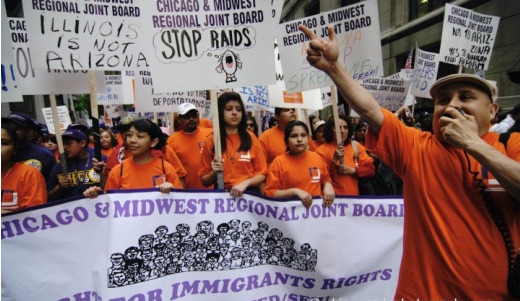
In response to the controversial Arizona anti-immigration law, fans and players of Major League Baseball say they plan to boycott the 2011 All-Star Game, which is scheduled to take place in Phoenix.
The Major League Baseball Players Association has said it opposes the law.
“We hope that the law is repealed or modified promptly,” said Michael Weiner, head of the players’ union. “If the current law goes into effect, the MLBPA will consider additional steps necessary to protect the rights and interests of our members.”
The Arizona law requires police to question people and demand documents from them simply based on a suspicion they could be in the country illegally.
About 30 percent of Major League Baseball players were born abroad and about 40 percent are Latino.
Adrian Gonzalez, a two-time All-Star, told reporters he will boycott next year’s All-Star game if the law goes into effect.
“I’ll support the players association 100 percent,” said Gonzalez, who plays first base for the San Diego Padres. “If they leave it up to the players and the law is still there, I’ll probably not play in the All-Star Game. Because it’s a discriminating law.”
Gonzalez was born in San Diego but grew up in both the U.S. and Mexico. He, along with other players, said they’d like Major League Baseball to also consider boycotting spring training in Arizona. Fifteen of MLB’s 30 clubs have spring training facilities in the state.
Last week dozens of activists protested against the law at Chicago’s Wrigley Field as the Cubs played the Arizona Diamondbacks. They’re calling on supporters to economically boycott the state. Protests are being organized at ballparks nationwide where the Diamondbacks are scheduled to play.
Ken Kendrick, owner of the Diamondbacks, has expressed opposition to the law and criticized the federal government for not addressing immigration reform. Many activists are targeting the team because it’s widely known that Kendrick is one of the Republican Party’s primary financial backers. The Arizona measure was sponsored by the state’s GOP and signed into law by its Republican governor.
On Monday, the Rev. Jesse Jackson sent a letter to MLB Commissioner Bud Selig urging him to take a stand against the Arizona law by pulling the 2011 All-Star Game out of the state unless the measure is repealed.
“America’s democracy is based on the values of freedom and equality – a level playing field for all its people,” wrote Jackson. “The passage of the Arizona law is an affront to these principles, representing the most divisive and polarizing approach to immigration reform.”
The law and the right-wing “movement” that has inspired it will have a negative impact on all of America’s people, said Jackson.
He said baseball is truly an international sport and noted that many Major League players, coaches, managers and staff, come from many countries other than the U.S.
“From Jackie Robinson’s breakthrough moment in 1947 to today, they make Major League Baseball one of the world’s most popular sports. They come here legally, documented, with the single goal of showcasing their skills and contributing to the growth and success of MLB. They should not be subjected to humiliating and illegal harassment.”
Jackson said the Arizona law will have a devastating impact on the integrity and public image of the sport. He said his Rainbow PUSH Coalition urges Major League Baseball to take all necessary measures to protect the rights and interests of its players, coaches, staff and their families.
Meanwhile, Arizona Pima County Sheriff Clarence Dupnik said he would not enforce the law, calling it “stupid” and “racist.”
“I think the law is divisive,” said Dupnik. “It’s a national embarrassment,” and unconstitutional, he said.
Photo: Chicago’s May Day immigrant rights march (Adrian Garcia)

MOST POPULAR TODAY

Zionist organizations leading campaign to stop ceasefire resolutions in D.C. area


High Court essentially bans demonstrations, freedom of assembly in Deep South

Afghanistan’s socialist years: The promising future killed off by U.S. imperialism

Communist Karol Cariola elected president of Chile’s legislature


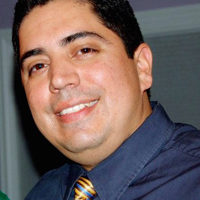
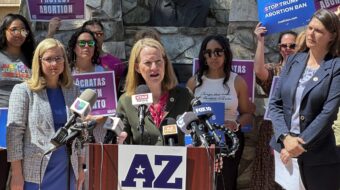
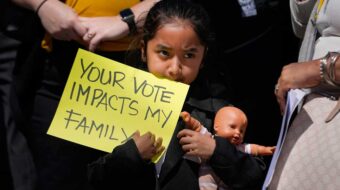
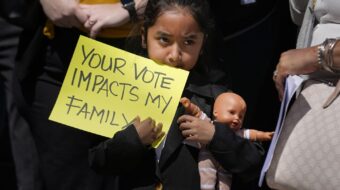
Comments